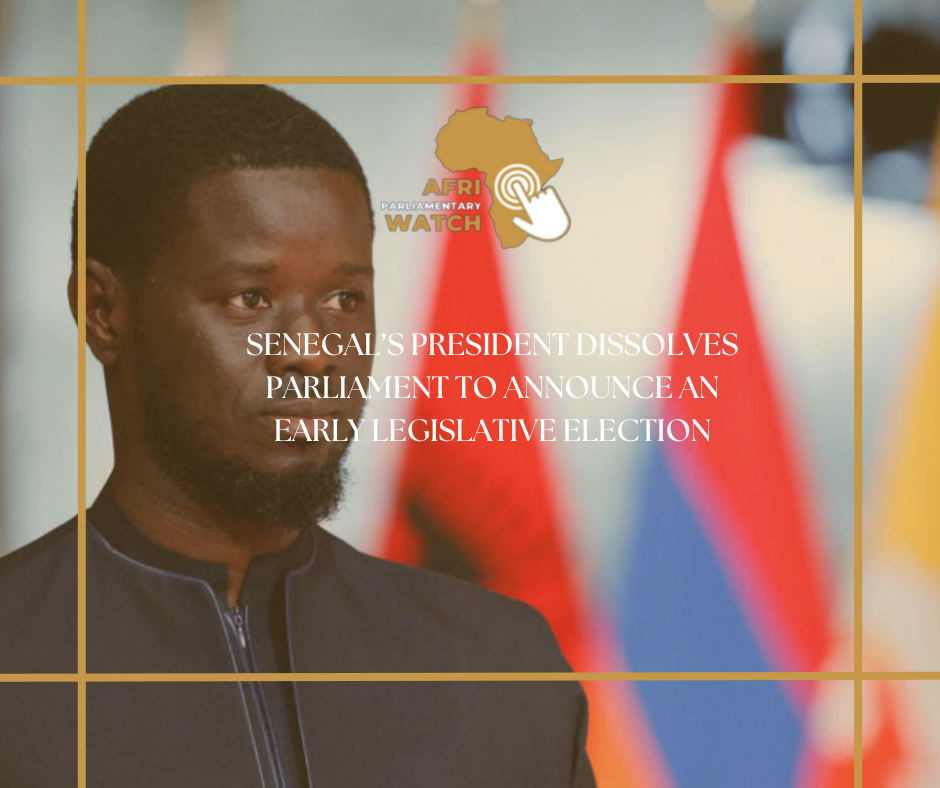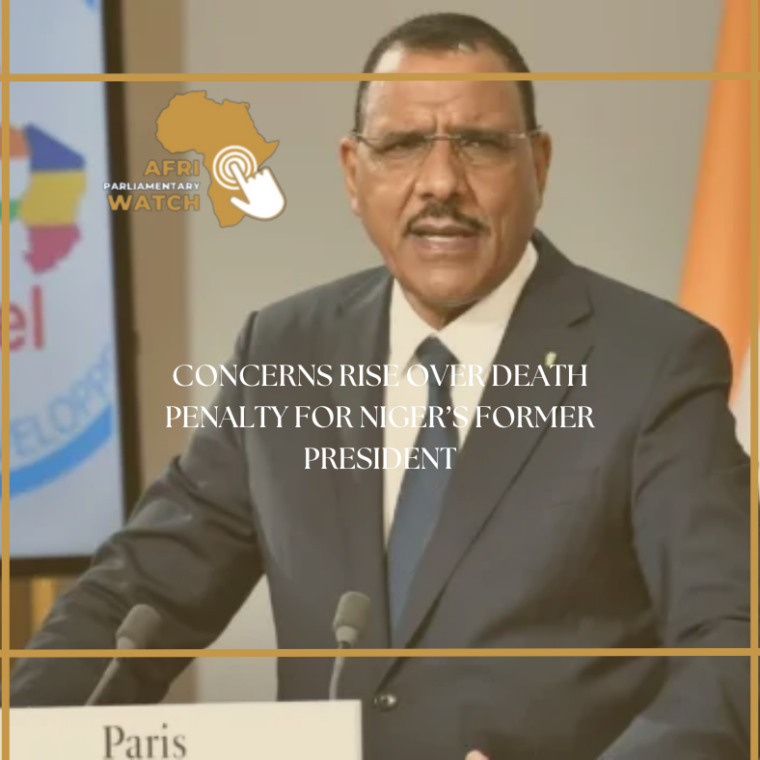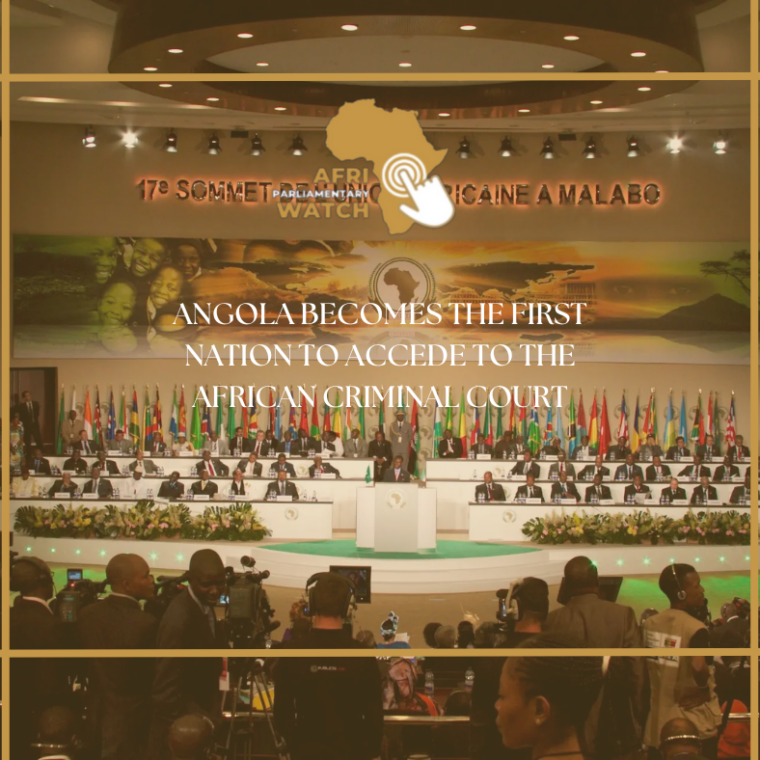On Thursday, Senegal’s President Bassirou Diomaye Faye dissolved the opposition-led parliament, setting the stage for a snap legislative election to be held on November 17. This move comes just six months after Faye was elected on an anti-establishment platform.
In a televised address, Faye urged voters to support his party, PASTEF, to enable him to implement the “systemic transformation” he promised during his campaign. Analysts suggest that PASTEF is well-positioned to secure a majority due to Faye’s popularity and his strong performance in the March presidential election.
The opposition coalition, Benno Bokk Yaakar, led by former President Macky Sall, criticized Faye’s decision. They accused him of “perjury” and claimed he manipulated the parliamentary session to announce the dissolution under false pretenses. Faye, 44, became Africa’s youngest president in March, shortly after his release from prison. His rise reflected widespread frustration among Senegal’s youth, who are seeking significant changes in the country’s direction. During his campaign, Faye promised reforms to tackle corruption, renegotiate fishing permits with foreign companies, and ensure a fairer distribution of natural resource benefits. He won the election with 54% of the vote.
However, six months into his presidency, many of these promises remain unfulfilled. Faye and Prime Minister Ousmane Sonko, a key opposition figure who supported Faye’s campaign, have blamed the parliament for obstructing their reform agenda. PASTEF does not hold a majority in the assembly, which Faye contends has hindered his efforts to implement his proposed changes. In June, the opposition coalition disrupted a budgetary debate over a disagreement regarding Sonko’s obligation to present his government’s policy roadmap.
Alioune Tine of the Afrikajom think tank described the tensions between the government and parliament as “unprecedented,” attributing them to issues with the 2024 presidential election process.
Political analyst Gilles Yabi warned that Faye’s decision to dissolve the assembly carries risks. The parliament has until the end of December to approve the next year’s budget, and new elections could jeopardize meeting this deadline.
The April presidential election tested Senegal’s reputation for stability in West Africa, a region recently troubled by coups and political instability. Both Faye and Sonko were released from prison just before the vote due to a political amnesty by outgoing President Macky Sall, whose third-term ambitions had sparked protests. Rights groups reported numerous fatalities and arrests during the unrest.
With over 60% of Senegal’s population under 25 and many working in informal jobs, the country has faced rising inflation, affecting the younger generation’s livelihood. Additionally, Senegal remains a major source of irregular migration to Europe, with many risking dangerous sea voyages in search of better economic opportunities. The announcement of the snap election follows a recent tragedy, where a boat carrying nearly 90 people capsized, resulting in at least 39 deaths.





